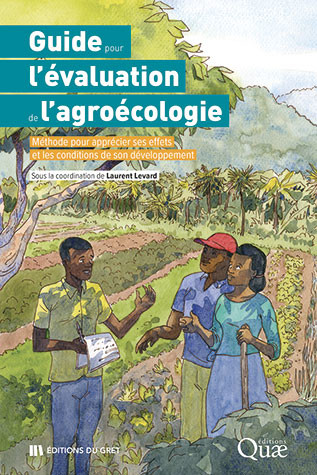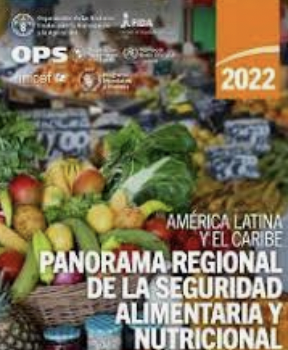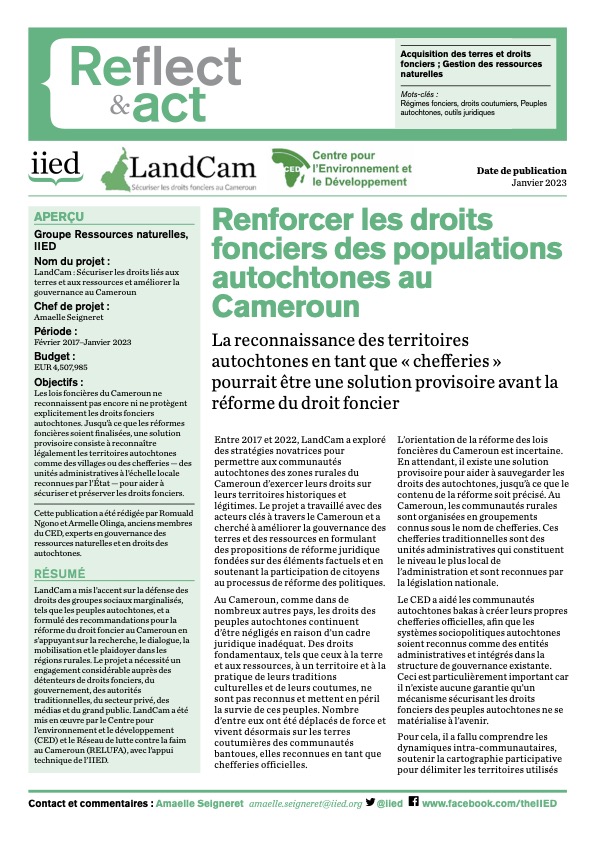Études de cas sur les modalités de conversion des usages des sols
Le présent ouvrage s’inscrit dans le cadre d’un chantier de recherche mené avec le Comité technique « Foncier et développement » portant sur les processus de conversion des usages des sols dans les Suds. Par conversion des usages des sols, nous entendons la transformation de l’usage d’un sol cultivé ou naturel à des fins d’habitation.












